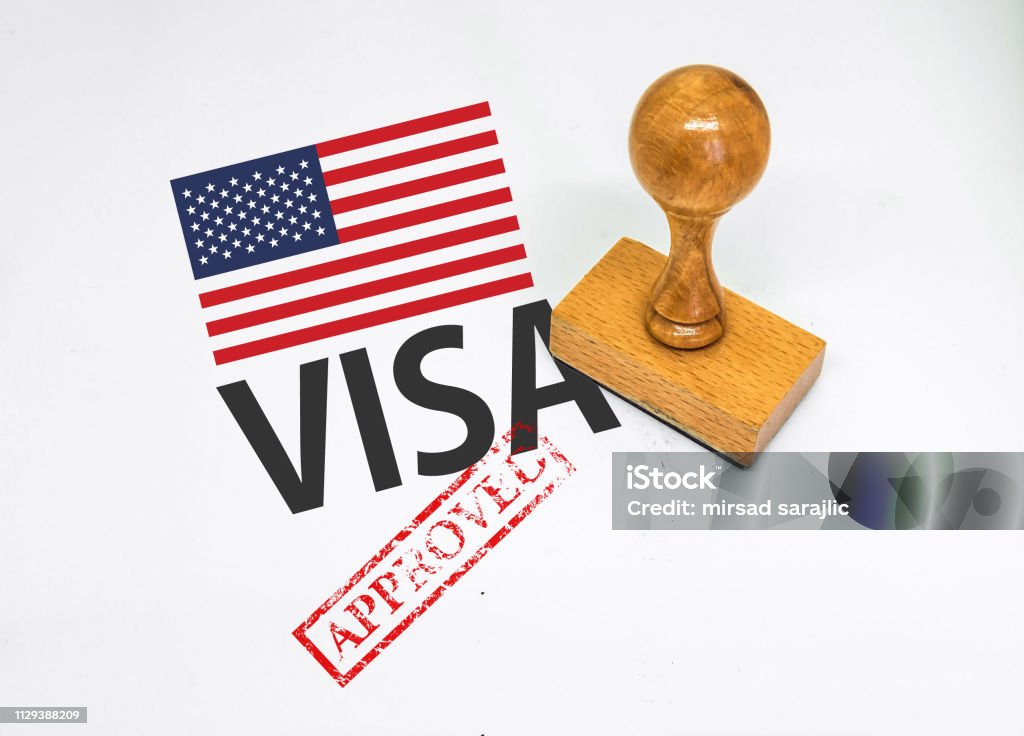Disclosure: This post contains affiliate links. We may earn a commission if you make a purchase through these links, at no extra cost to you.
About VISA G
The G Visa is designated for employees of international organizations and their immediate family members. It allows entry into the United States for official duties related to their international organization. The G Visa is divided into several categories: G-1, G-2, G-3, G-4, and G-5.
G Visa Categories
- G-1 Visa: For principal resident representatives of recognized foreign governments and their immediate family members.
- G-2 Visa: For other accredited representatives of recognized foreign governments and their immediate family members.
- G-3 Visa: For representatives of non-recognized or non-member foreign governments and their immediate family members.
- G-4 Visa: For officers or employees of international organizations and their immediate family members.
- G-5 Visa: For attendants, servants, or personal employees of G-1, G-2, G-3, or G-4 visa holders.
Eligibility and Applicable Countries
Foreign government officials and employees of international organizations from countries maintaining formal diplomatic relations with the United States are eligible for the G Visa.
Duration and Validity
The duration of the G Visa is typically tied to the length of the assignment in the U.S. It can be extended or renewed as necessary.
Visa Fees
G Visa applicants are generally exempt from visa fees.
Application Process
- Determine the Visa Category: Identify the appropriate G Visa category (G-1, G-2, G-3, G-4, or G-5).
- Complete Form DS-160: Fill out the online non-immigrant visa application form.
- Schedule an Interview: Book an appointment at the nearest U.S. Embassy or Consulate.
- Prepare Required Documents:
- Valid passport
- Confirmation page of Form DS-160
- Appointment confirmation letter
- Official letter from the international organization or foreign government
- Attend the Interview: Present required documents and answer consular questions.
- Wait for Processing: Processing times vary; check with the embassy or consulate for updates.
Where to Apply
Applications should be submitted at a U.S. Embassy or Consulate in the applicant’s home country or current residence.
Staying Informed
For the latest updates and detailed information, visit:
Conclusion
This guide provides an overview of the G Visa application process, including eligibility, required documentation, and steps to apply. For specific queries and further assistance, contact the nearest U.S. Embassy or Consulate.
